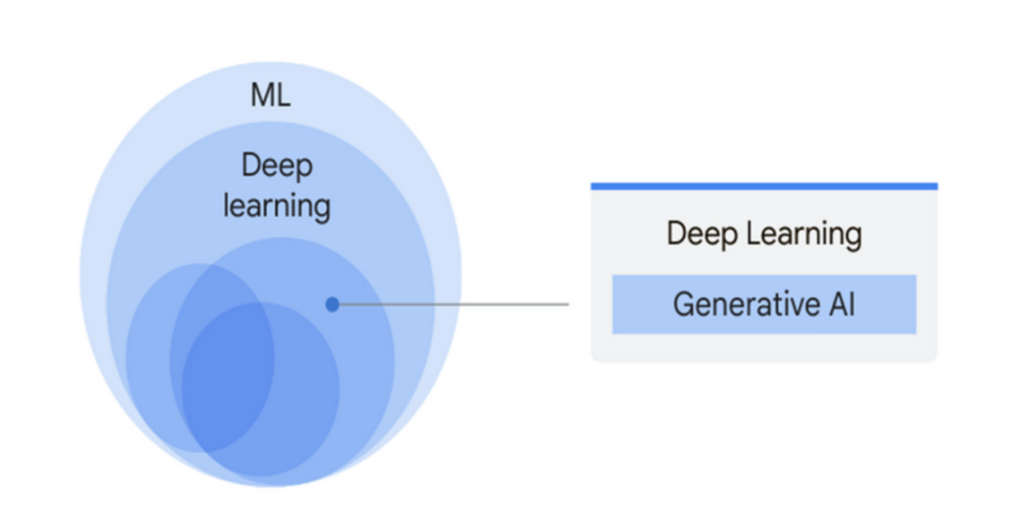Written by Somesh Chander Joshi
Imagine a world where you are downloading a 100 MB (megabyte) file with an internet speed of 100 KB/s (kilobytes per second); it will take roughly 17 minutes. Now, imagine the same file being downloaded with a speed of 500 MB/s; it’s done in the blink of an eye, or we can say the file is downloaded as soon as we click the mouse. Why am I talking about this? This is the drastic change that Gen Y and Millennials have witnessed. Now, all these generations, including Gen Z, are experiencing a technological transformation in the name of AI.
There is a buzz in everyone’s conversation regarding AI, whether it is an informed discussion or a confused one. But what exactly is AI? AI, or Artificial Intelligence as the name implies, is a technology that enables computers and machines to simulate human intelligence and problem-solving capabilities (IBM, 2021). Did I confuse you more? Let me clarify with some examples: Have you ever chatted with a chatbot on any webpage before getting connected with real humans? We all use Google Maps to navigate to our destinations or explore the world and facial detection/fingerprint sensors to unlock our devices. These are all examples of AI. It can be as complex as robots, driverless cars, weather forecasting, etc. Believe it or not, our reliance on AI has become so profound that envisioning life without it seems unimaginable.
Why haven’t I given examples of ChatGPT, Google Gemini, Microsoft Copilot, etc., which are making headlines recently? Because it’s Generative AI or GenAI. Now, what is that?

AI is an umbrella term under which Machine Learning, Deep Learning, and GenAI fall. Machine Learning (ML) is the subset of AI that learns from past data and trains algorithms to create models that can perform complex tasks like music recommendations, and virtual assistants such as Siri, Alexa, Google Assistant, etc. Deep Learning (DL) is the subset of ML that uses artificial neural networks inspired by the human brain to process more complex patterns than traditional ML. Generative AI is the subset of DL that involves the Transformer architecture. This GenAI can generate text, content, images, audio, and synthetic data. It can produce images that are not even on the internet or anywhere else. GenAI utilizes trained artificial neural networks to create images from scratch. Isn’t it fun and scary?
The introduction of AI has simplified our lives in many ways. For example, a project manager can now use GenAI to create reports in just a few minutes, a task that used to take hours. This allows them to concentrate on the more complex aspects of their projects. GenAI can automate repetitive tasks such as data entry and customer service through chatbots, thereby saving time and resources. It can personalize recommendations based on the search patterns of an individual. GenAI boosts creativity and innovation by generating new ideas in art, music, design, and complex data analysis.
However, every coin has two sides; automation of tasks leads to many job cuts. GenAI can provide biased data depending on the data it is trained on, which can lead to manipulation in many forms. GenAI raises ethical issues, such as copyright infringement by using data without consent, accountability, and the potential misuse of AI-generated content for tarnishing someone’s image, such as deep fakes and misinformation.
What’s the solution? There is a saying that ‘Everything in excess is bad.’ This also implies that AI should complement human abilities rather than replace them. Continuous learning, training programs, and education can help individuals retain and enhance their skills. Stronger privacy laws, ethical guidelines, and transparency are crucial for responsible AI use and protection for vulnerable populations, such as children, while simultaneously enhancing efficiency, innovation, and quality of life.
References: –
What is Artificial Intelligence (AI)? (2021) IBM. Available at: https://www.ibm.com/topics/artificial-intelligence

